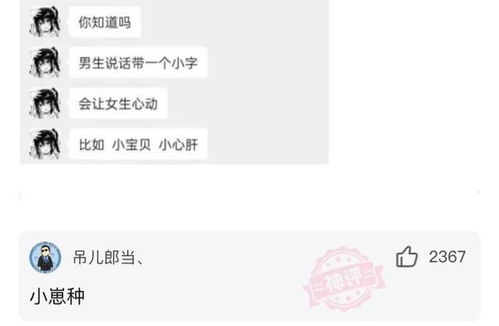吃过了吗用英语怎么说
In Chinese culture, "吃过了吗" is a common way to greet someone and show care for their well-being. The literal translation of this phrase into English is "Have you eaten?" While the direct translation may seem odd in English-speaking countries where asking about someone's meal is not a typical greeting, it is important to understand the cultural context behind this phrase.
In Chinese culture, asking "吃过了吗" is a way to express concern for someone's health and to show hospitality. It is a way of showing that you care about the other person's well-being and that you want to make sure they have had a meal and are not hungry. In a way, it is similar to asking "How are you?" in English, but with a specific focus on food and nourishment.
When translating this phrase into English, it is important to consider the cultural nuances and the intention behind the question. While a direct translation would be "Have you eaten?", a more culturally appropriate way to convey the same sentiment in English could be "How are you doing?" or "Are you well?" This allows for a more natural and culturally sensitive way to express care and concern for the other person.

Overall, the translation of "吃过了吗" into English as "Have you eaten?" may not fully capture the depth of meaning and cultural significance behind the phrase. It is important to consider the context in which the question is asked and to choose a translation that conveys the intended sentiment in a culturally appropriate manner.











